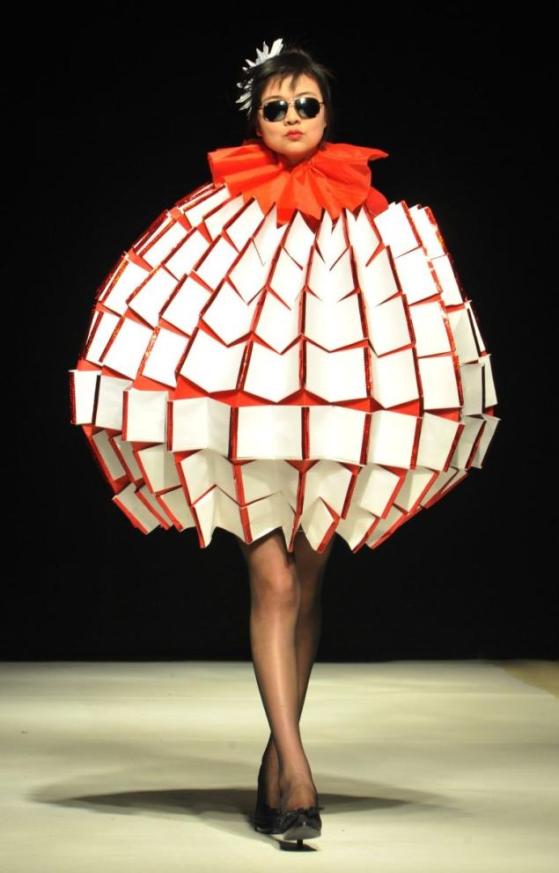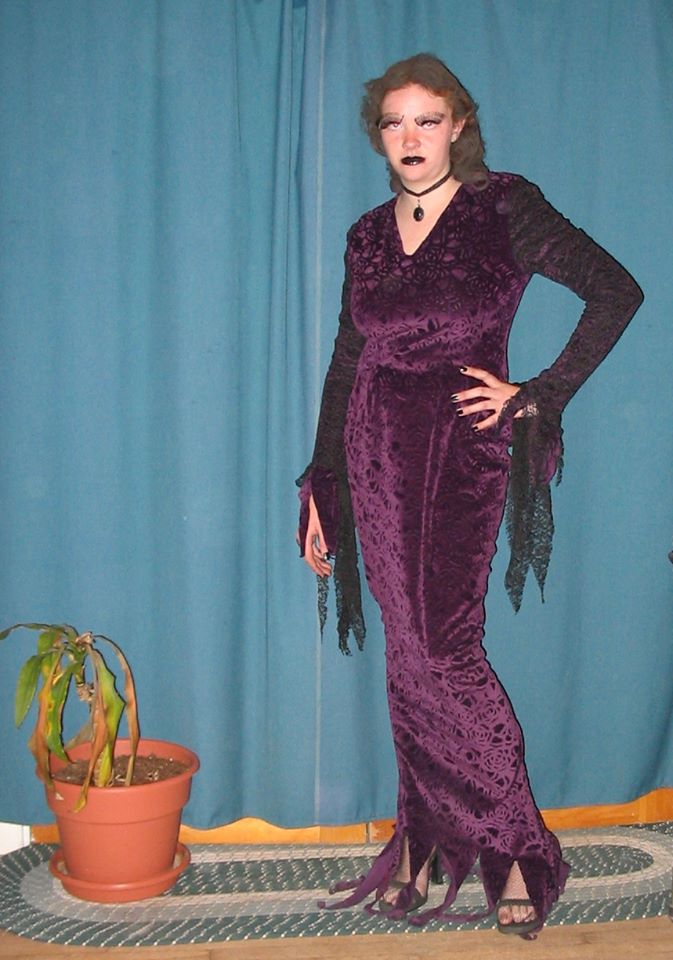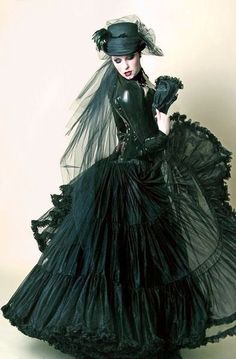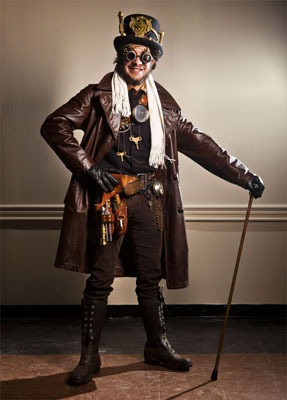I don’t know how it is in other groups, and in other places, but where I am, the clubs that I am part of tend to be pretty white. This despite the fact that non-Hispanic whites make up only 30% of the state’s population. I also hear it said a lot that young people aren’t joining, so the group is dying out. At the same time, we see a lot of older members unable to participate. So, why does this happen? What can we do about it? Why does it matter?
There are a lot of historical reasons for this, and I would say that one of the most important comes down to who started the groups. If people without disabilities start a thing, it doesn’t occur to them to make it accessible. If white people start a thing, people of color tend to feel uncomfortable joining in if the only people they see are white. In a similar way, LGBTQIA+ people can feel out of place and uncomfortable if they are not already represented. As a white, cisgender woman, my voice is certainly not representative, but from what I understand, when a member of a marginalized group goes into one of these spaces, they have to wonder why the group is so homogeneous. Even if a group would be very accepting and welcome that person, there is a nagging voice saying that maybe the group is not so welcoming to people like them. That would put anyone on their guard. In that situation, it could take only one subtle thing, or a misheard word to convince the person not to come back, and tell all their friends.
This means that we really have to work to make sure that the diverse people we want included feel welcome, and if they do hear something unwelcoming they know that it is a minority opinion and that people will stand up for them. That means standing up against casual racism, homophobia, and other derogatory language when we hear it, even, and maybe most especially, in those homogeneous situations. We need to make it clear that those attitudes are unacceptable in order to make these spaces friendly for everyone.
The next thing we need to consider is the barrier to entry. A lot of hobbies are not cheap. I’m gonna try to keep this as broad as possible, because this applies to groups as wide ranging as collectors to gamers, and academics to creatives.
What does “barrier to entry” mean?
It means that the ability to meaningfully participate in the group might be hard for some people to achieve because of limits to time, money, transportation, ability, or other resources.
For instance, living in a rural area made it hard for me to participate in clubs until college. People with limited finances may not be able to make the investment. People who are very busy may not be able to commit the time. People with mobility issues may not be able to access certain spaces. Many groups assure newbies that you can participate at whatever level you choose or are able to. And, yes, that’s true. But…
At the most basic level, there are membership fees. These vary a lot by association. These fees usually cover administration costs associated with running the club. For some groups these are pretty minor, but for others these can be a hefty chunk of change. And of course, where those lines are depends a lot on the individual. What might not even be noticeable for one person could prevent another person from being able to join at all. A sliding scale, or pay what you can model is a good solution to this problem. It opens the door to more participation, and allows those more able to contribute to help others.
In some clubs there are designated officers whose job it is to welcome newbies and show you around, basically help you feel comfortable. It’s awesome! These people are often very friendly and welcoming. But, it depends on finding them, or more likely, letting them find you. The success of this system depends a lot on the individual. Are they good at striking up conversations with people in over their heads? How often do they go to events? How busy are they? Are they observant enough to notice someone new? How comfortable are they with standing up for marginalized individuals? Do they know who do contact for help with language barriers? Are they included in planning to help advocate for any members with limits that might impact the venue or schedule? Is there even anyone in that position locally?
In many hobby groups, there is a learning curve. Depending on the group, members may be willing to share information freely, and others might expect payment for that information. I would argue that not only is the free sharing of information better for lowering the barrier to entry, but it creates a better sense of community within the group.
Another problem can be material costs. For instance, in cosplay, do you buy the cheap Halloween costume, or splurge for the custom version? Do you buy the cheapest fabric, or spring for the finest available? As you learn, you might want to step it up. Want to learn metalworking? You can use low temperature melting metals like pewter, or you can build a travel forge for events pretty cheap, or you can spring for a full forge at home. Different people are in different situations. We all want the best, but most people can’t do that. We do the best we can to balance our needs and hobbies. But inevitably, there will be that one person judging you for not being perfect.
Gatekeeping can cause real harm. Even if these comments are intended to be helpful, that is not how they will be interpreted by the person hearing it. Don’t comment unless someone asks for your opinion or expertise. And even then, make sure they know that what they have is okay, even if imperfect. People will leave and never come back because of this.
I would even argue that competitions can be a problem. Unless approached very carefully, competitions can turn into a spending match rather than a reflection of skill. The rare hundred year old toy with the big name may win best in show instead of the precious handmade hand-me-down of the same age that someone’s grandfather worked on late into the night for years. Including some portion that explains why choices were made can help judges adjust their opinions. Did the creator use a smaller motor because they didn’t know any better, or because the step up was too expensive?
I also support more categories, with more prizes, based on a combination of criteria, and skipping the grand prizes entirely. This can mitigate some of the inequity these events tend to showcase. As time is my particular struggle, I would appreciate a category of 24 hour projects. The 24 hours can be all in one day, or in small chunks over the course of months, but everyone would have the same amount of time to actually work on the project. Or a project for under $100. Dividing groups up by experience is a great way too, but be conscious of the fact that someone who has time and money and got into the hobby a year ago, might actually have more experience than someone who is very busy, but has been doing it on and off for years.
Another major barrier to entry is transportation. Some clubs may be local, others may be international. Others still may have local chapters with a lot of small events scattered all across the globe, and only a very few larger events that are held once or twice a year. Some people make a point to travel to these every year, and others may be only able to go once in their lives. Some people may not be able to drive, or even sit in a car for extended periods. How can we make these things work out better for everyone?
My mom’s doll club meets at a different member’s house each month. But while most members live close together, we are farther away, so every month, she drives about an hour and a half, and once a year, everyone else makes the drive out here. It can be nice to have the periodic meeting at a restaurant in the middle to spread out the driving. For longer trips, if your group includes people who need it, plan in frequent stops. If necessary research ahead of time so you know where resources they need are available.
For one of those annual events a few states over, one time my local SCA group worked hard to make it available to everyone. We carpooled, and all pitched in for food during the event. One family had a benefactor buying gas for the whole convoy. We rented a U-haul together for all the stuff since no one had a large enough vehicle for everything. Best event ever!!!
It also bears discussing things outside of official group functions. People make friends in these groups and like to meet up in the real world. In this situation people really need to be aware of the needs of others. Some groups go out to eat after meetups, which is awesome, but where do you eat? As a starving college student, no matter how much I want to join, that’s just not something I could do, which leaves me feeling left out. Making a choice to choose less expensive arrangements can help. A potluck at a park can be just as fun. Or setting up a system of splitting the bill without expecting those less able to pay for their portion. That would require those with more means to step it up and cover others with no comment. And no-one should buy something super expensive and expect others to pay for it. Mutual respect and responsibility. Just last night, we went to one of these, and the person who organized it and chose the restaurant paid for everyone’s appetizers. It wasn’t major, but it was something that made it more approachable for everyone.
Ok. I’ve talked a lot about money in a post about diversity. Why? Well, it’s something I can talk about from my own experience. And unfortunately, in our society, marginalized people, young people, and people with disabilities are far more likely to be struggling with money, transportation, and time. Making these considerations something we think about can lower that barrier to entry for everyone. The more people we can make it available to, the more will feel welcome, and the better our group will be as a whole.
Why is diversity important? First; it’s only right. Everyone should have the ability to participate in the things that interest them. Second; Exposure. Getting to know people outside of your friend group can broaden your own experiences. By never experiencing people from other cultures or experiences, it makes people susceptible to believing stereotypes about those ‘others’. Third; People all bring their own experiences with them. People who are all from the same background are likely to approach a problem in similar ways. Having various backgrounds invites other ways of thinking.
For a long time, people who desired diversity have assumed that it would just happen over time, and that we didn’t really have to think about it. Butt it is becoming apparent that there are actually barriers still standing which prevent that. Today those things are rarely an explicit rule, but rather a subtle collection of seemingly minor obstacles that add up to a larger wall. In order to overcome them, we must first become aware of these stopping points so that we can address them.
That said, we don’t really want to make it an extra thing that we do when necessary, but rather to make it so normal in our groups that people learn to count on being able to participate, even when times are tough. If you have a table of white folks, and they are all offering to cover the meal of the black family that showed up to the meet and greet, that can be pretty off-putting too, and racist in its own way. But I remember when it was normal in my turn for the meal to paid for by a pile of cash on the table, and everyone contributed what they were able until the check and a healthy tip were covered. There are simple, yet effective ways to make sure that everyone is included.






